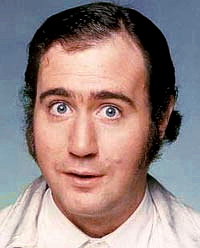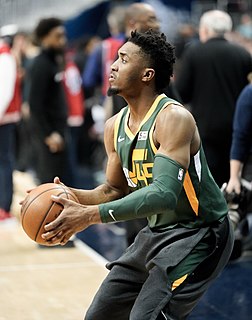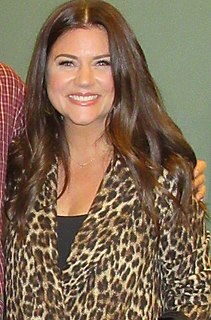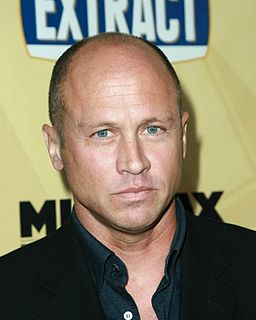A Quote by Campbell Scott
In the editing room, 20 percent of the time you're using stuff from before the actor knew the camera was rolling or you're taking a line from somewhere else and putting it in his mouth.
Related Quotes
I try and shoot as often as I can, I cross shoot. I have at least two cameras rolling at the same time. So I'll have two actors or two sets of actors at a time so everybody's basically on camera. So when they improvise we have everybody's coverage. And you can then go in the editing room and find the energy still stays there.
Whenever you hear me talk about anything, you never know what I'm going to say until the words come out of my mouth. I'm not one of these Rush Limbaugh individuals, you know what he's going to say before it comes out of his mouth. Whatever the Democrats say, not 99 percent of the time, 100 percent of the time, he's on the opposite side. That's not the way I am.
Using any reasonable definition of a scientist, we can say that 80 to 90 percent of all the scientists that have ever lived are alive now. Alternatively, any young scientist, starting now and looking back at the end of his career upon a normal life span, will find that 80 to 90 percent of all scientific work achieved by the end of the period will have taken place before his very eyes, and that only 10 to 20 percent will antedate his experience.
He stepped toward her, and her heart just ached from it. His face was so handsome, and so dear, and so perfectly wonderfully familiar. She knew the slope of his cheeks, and the exact shade of his eys, brownish near the iris, melting into green at the edge. And his mouth-she knew that mouth, the look of it, the feel of it. She knew his smile, and she knew his frown, and she knew- she knew far to much.
I'm working on my own life story. I don't mean I'm putting it together; no, I'm taking it apart. If you'd wanted the narrative line you should have asked earlier, when I still knew everything and was more than willing to tell. That was before I discovered the virtues of scissors, the virtues of matches.
With the camera, it's all or nothing. You either get what you're after at once, or what you do has to be worthless. I don't think the essence of photography has the hand in it so much. The essence is done very quietly with a flash of the mind, and with a machine. I think too that photography is editing, editing after the taking. After knowing what to take, you have to do the editing.
Sometimes I go to a test screening and look at the audience in line, and I start to go, "Okay, I bet this is going to work, and this isn't going to work." It's weird, but just going and facing the music and putting it out before a crowd, even before it starts playing, that exercise of putting it up on a screen for people makes you realize things even before it starts rolling. It's really weird. I've heard other people say that, too.




































